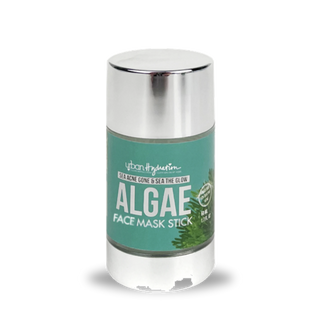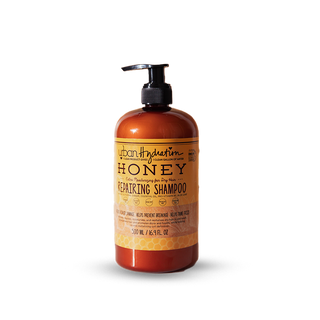I was looking around on Buzzfeed and instead of doing quizzes like I usually do I decided to look at the beauty section this time. Buzzfeed is known for trying all the new fads and latest innovations and I saw that there was one where the girls were shaving with peanut butter. Of course, I had to check this out. So apparently Cosmopolitan Magazine released an article saying that peanut butter works as a moisturizing shaving cream alternative. I don't know how George Washington Carver would feel about this....
After watching the video here is what I learned: 1) It is easy to use too much peanut butter meaning that it gets trapped in the razor. 2) It’s messy. 3) It’s weird putting peanut butter all over your body. 4) If you do it in the shower, you have to worry about making sure the peanut butter goes down the drain. 5) If I ever run out of lotion or I’m if I am having an ash emergency I’m going to look for peanut butter.
In the past, I have heard of using conditioner instead of shaving cream. I’ve tried it and it actually works and made my skin soft but the hair did grow back fast. What I usually do is run the razor over my legs, exfoliate with a salt or sugar scrub, and then shave one more time. This has given me the best results. My legs usually last stubble free for almost a month. WINNING! Less time slipping and sliding in the shower sounds great to me. My suggestions… get you a sugar/salt scrub and some lotion or a body oil. Skip the peanut butter.
- Sarae Ellis
https://www.buzzfeed.com/beckycatherineharris/women-try-shaving-with-peanut-butter?utm_term=.jtjmb9655#.hjMBGADMM






